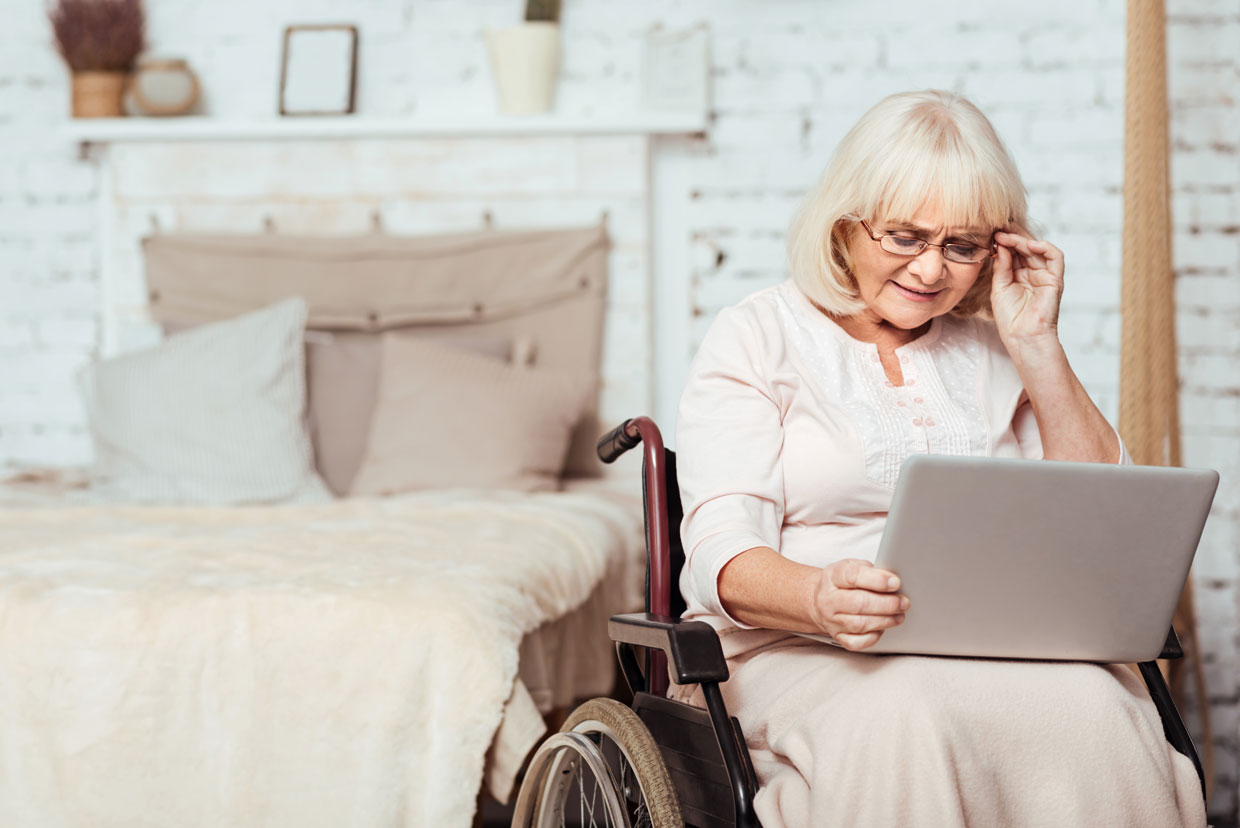IEEE The Institute: Services Like Echo and Uber Can Help the Elderly Live Independently
Many of us assume that Blue Apron, Echo, and Uber are primarily for busy young professionals, but their services also are becoming popular among elderly citizens, allowing older people to maintain their independence in the comfort of their home. Thanks to the tech tools, seniors can rely less on family members and friends for help. Here are a few ways how.
HANDS-FREE AID
Voice-activated technology, like that found in Amazon’s Echo and Google’s Assistant, can help with a variety of tasks for the elderly, such as setting alerts to take medications and reminders for where keys are. The devices also can compile shopping lists and place orders. They read aloud books, news items, and the weather report for those with vision problems. And using the digital assistants with smart-technology accessories, the elderly can use voice commands to turn off the television and the lights, lock the front door, and adjust the thermostat.
Moreover, the digital assistants can give caregivers peace of mind. The Echo’s Drop In feature lets caregivers and others who have been granted permission communicate through the speaker, without requiring someone to answer a phone call. To begin the conversation, the contact simply says, “Alexa, drop in on [contact name].”
Amazon Alexa’s Ask My Buddy feature can send an alert via text, email, or phone to a list of contacts if help is needed. It’s not intended to be a substitute for emergency services, but it can be a lifesaver if a telephone isn’t nearby.
CATCHING A RIDE
Several ride-hailing companies are tailoring their services for seniors who are no longer able to drive or take mass transit.
Uber and Lyft, for example, each launched a service in March to help get people to and from doctor’s appointments. Uber Health rides for non-emergencies can be arranged immediately or scheduled up to 30 days in advance. Uber Health also allows health care providers to request rides on behalf of patients.
Lyft teamed up with Allscripts, an electronic-health-records company, to integrate its platform at doctor’s offices, medical facilities, and hospitals. A desktop application allows the facilities to arrange for transportation for their patients to and from their location.
Uber’s app also lets relatives or caregivers arrange for the patient’s ride. The passenger receives a link to a map to track the driver’s route, as well as a text message with information such as the driver’s name and the license plate number. The person who requested the ride can track its progress as well.
Uber and Lyft rides can be ordered through a phone call, text message, or computer to make it simpler to hail a ride without having to navigate an app.
DELIVERY SERVICES
Online shopping is particularly helpful for people who are restricted to their home.
Amazon Key, the company’s new delivery service for Prime subscribers, can even help those who have difficulty retrieving packages from their front porch or mailbox. The service places packages inside the home. Customers need to install one of eight approved smart locks as well as an Amazon security camera to ensure the delivery person doesn’t go any farther into the home.
Speaking of security, the company’s newest acquisition—Ring—employs several cameras and video doorbells that allow the homeowner to see who’s at the door and get an alert on their smartphone. The homeowner can answer the bell from anywhere in the house, or even if she is not at home.
Meal-delivery subscription services including Blue Apron and Hello Fresh allow people to try new recipes without having to go to the store to get all the ingredients. Customers can select however many weekly meals they want delivered. Other services, such as Top Chef, offer already-prepared meals.
For those who prefer to order food from a restaurant, there are nationwide delivery services including GrubHub and Uber Eats. Senior citizens could even ask their digital assistant to order for them.
Read the full article on IEEE The Institute here.






